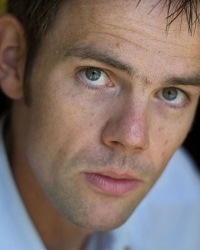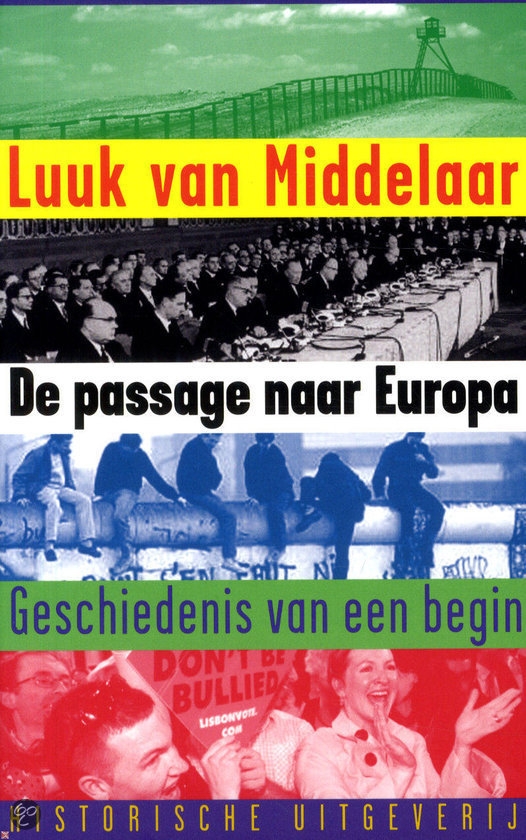
EU in transition: fasten your seatbelts!
The European Union increasingly needs to respond to unforeseen events and developments. This is putting it to the test. What are the effects? Professor of Foundations and Practice of the European Union Luuk van Middelaar addressed this in his inaugural lecture on 23 September.
Pacification and depoliticisation
The EU has always focused on the politics of regulation, said Van Middelaar. This means enacting legislation and policy, distributing wealth and arranging public services. Regulation therefore means using pacification and depoliticisation to reach a consensus and gain buy-in for it. Such politics, which is also practised to a high degree in the Dutch corridors of power, is an act of balancing the interests of political parties and interest groups – and at the international level between the countries in the Union. In short: the politics of regulation sets standards and regulates them.

From EEC to EU
The European Economic Community’s response to the fall of the Berlin Wall in 1989 was to become the European Union with its own currency, a joint foreign and judicial policy and, not long after, a joint external border. The Netherlands was against this metamorphosis, but had no choice but to accept it. In time, it would become clear that the politics of regulation alone was inadequate in the Post-Cold War World. Greece almost went bankrupt, the Russians invaded Ukraine, scores of refugees suddenly descended on Europe... and the EU suddenly needed to practise crisis politics, which means taking action and decisions with little time to spare. But the Union was not designed for this.
Willing and able
For Van Middelaar crisis politics, which is about taking action rather than making rules, means that countries are willing and able to participate. And that is far from always the case. Greece could not meet the financial and political requirements for EU membership. This became clear during the euro crisis. And countries such as Hungary and Poland do not want to find a joint approach to the European refugee crisis. What effect does this have on the EU?
Effect
In his inaugural lecture Van Middelaar will explain in detail how despite it all the EU is focusing on crisis politics. Institutions are being created and others are changing. It is venturing into unchartered waters in order to find solutions to problems. It is faced with fundamental questions, particularly after the Brexit vote. The electorate is in revolt and demanding a say. We’re by no means there yet, says Van Middelaar, because we can expect many more unexpected developments and events. Fasten your seatbelts! But change is happening, and that is needed.
Professor Luuk van Middelaar is Professor of Foundations and Practice of the European Union and its Institutions at the Europa Institute of the Faculty of Law. He is also Professor of European Studies at Université Catholique de Louvain in Louvain-la-Neuve, Belgium and columnist for NRC Handelsblad. He also writes for Die Zeit and Le Monde.

Van Middelaar has held a number of positions at the EU, and therefore knows it like the back of his hand. He worked for the cabinet of European Commissioner for the Internal Market Frits Bolkestein (2002-2004). He then became a speechwriter and advisor to the first permanent President of the European Council, Herman Van Rompuy (2010-2014).
Van Middelaar studied history, philosophy and political theory and was awarded his PhD in 2009 for his study De passage naar Europa, which has been translated into many languages (e.g. The Passage to Europa). His research focuses on European constitutional law and the political development and democratic legitimacy of the EU.
